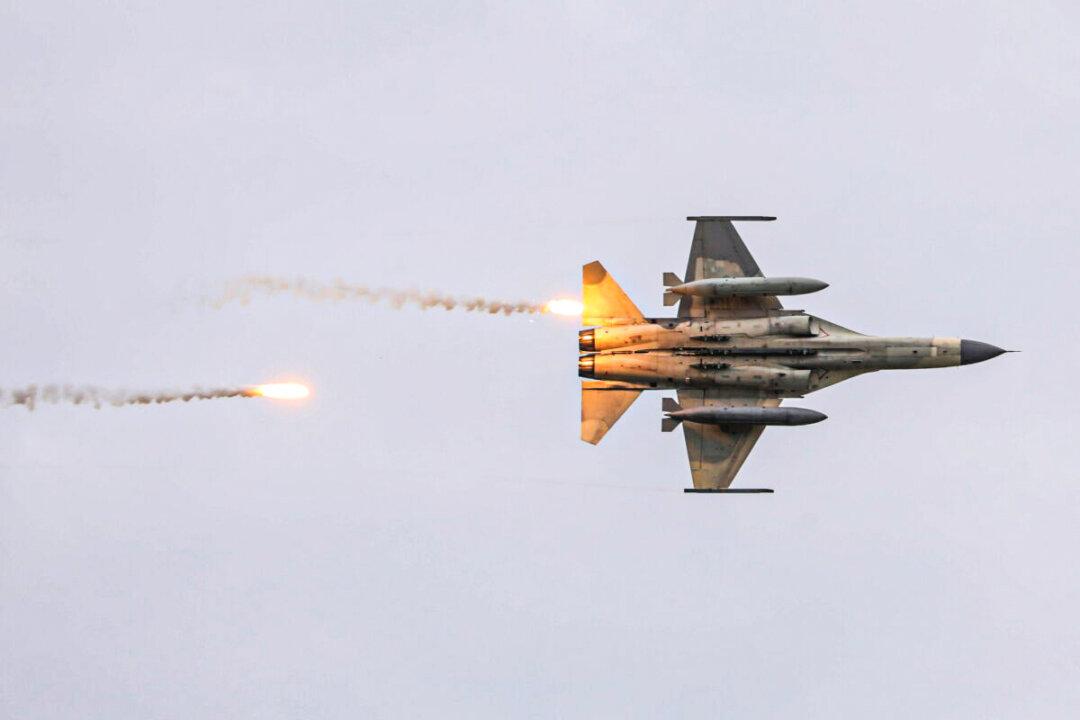Commentary
This is the second part of a two-part series designed to look at the likely war between the Chinese regime and Taiwan, which could happen in 2022.

This is the second part of a two-part series designed to look at the likely war between the Chinese regime and Taiwan, which could happen in 2022.